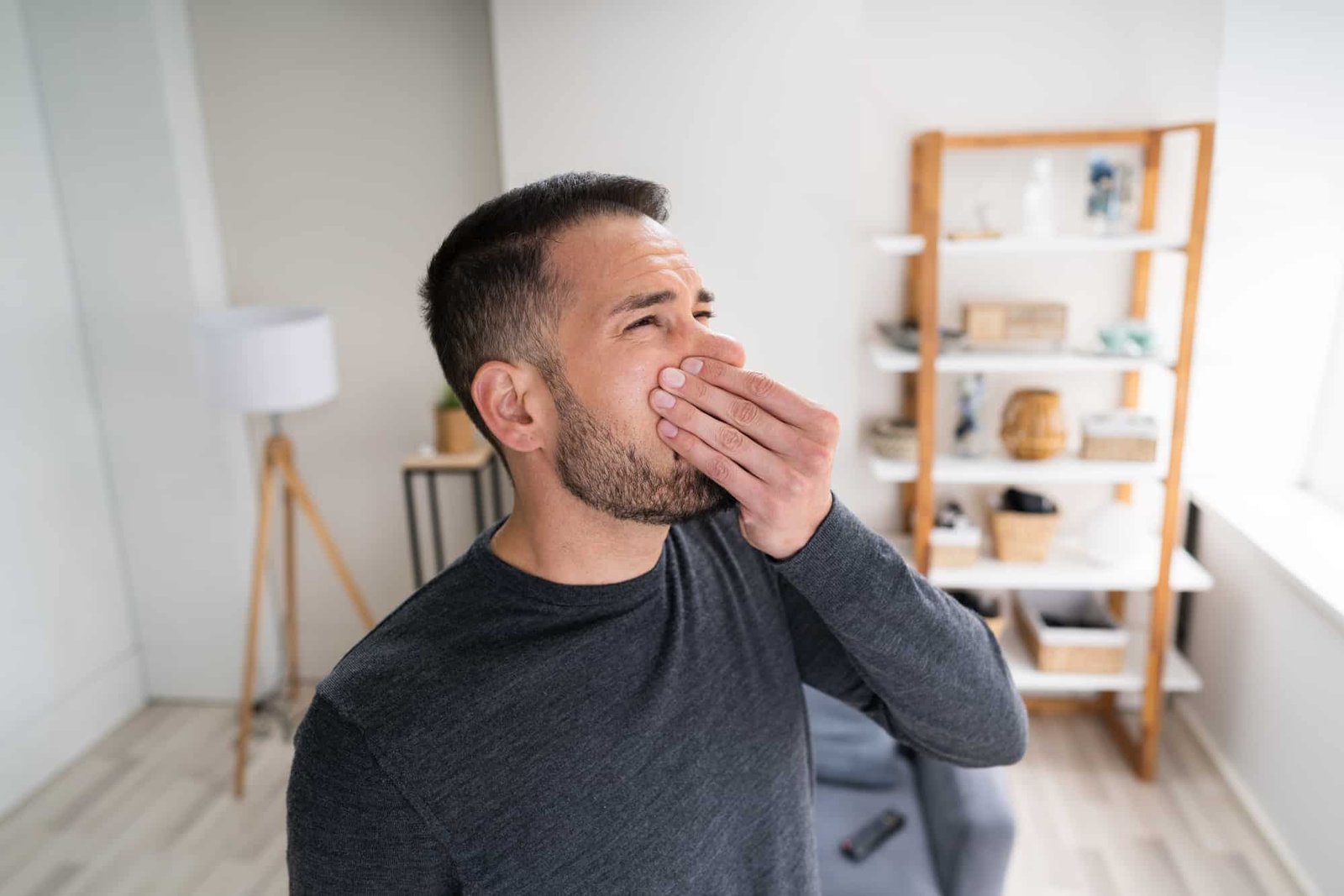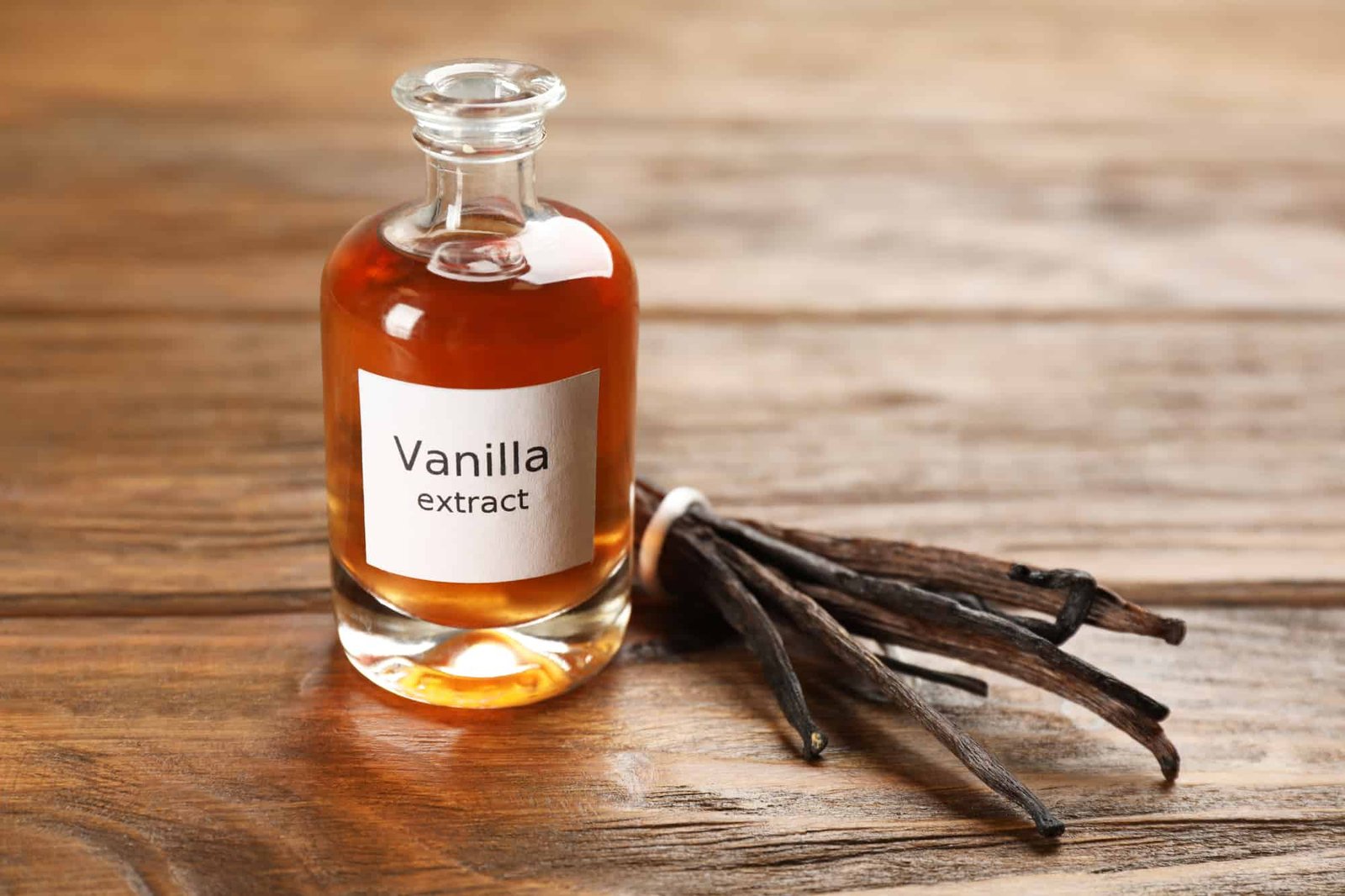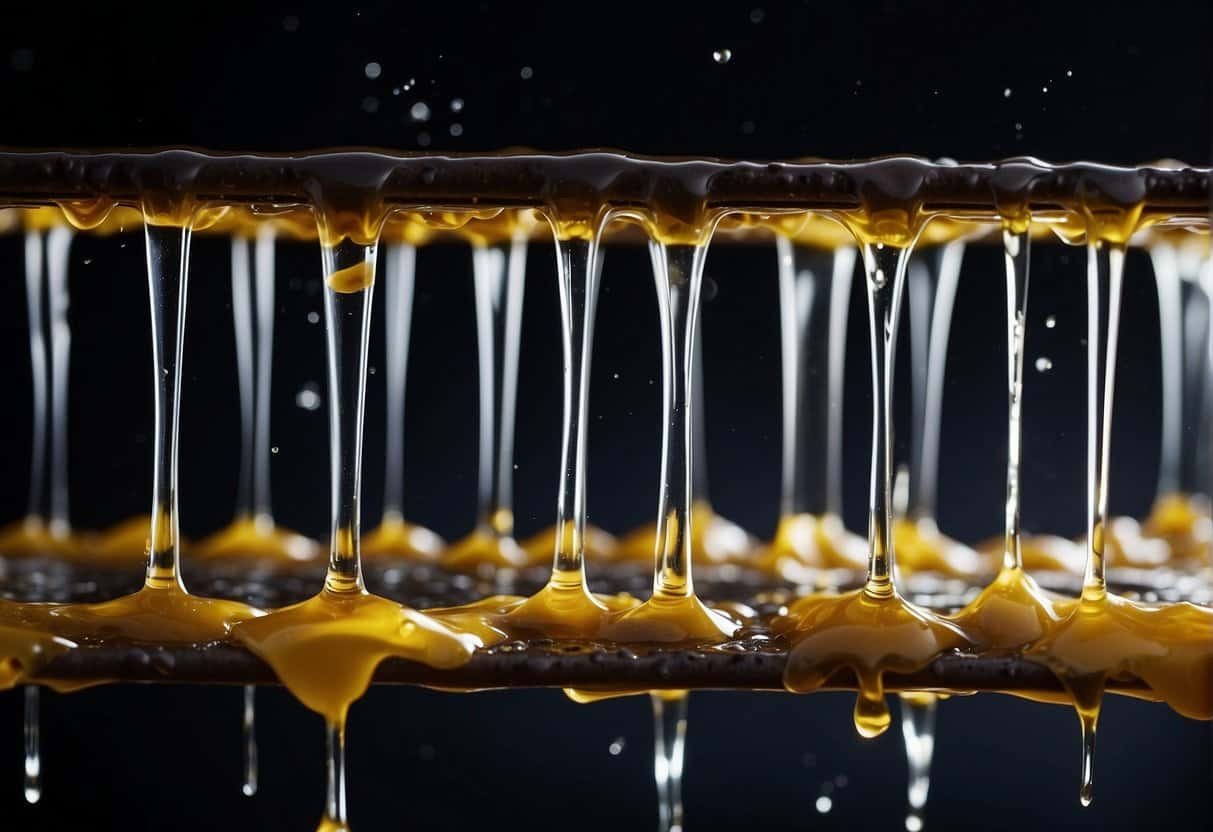The smell of paint in someone’s home can be an unpleasant distraction and bother, especially if you haven’t even painted recently. Unfortunately, the smell of paint can linger in your home, even when you haven’t painted.
Your house smells of paint when you haven’t painted because most types of paint contain volatile organic compounds that continue to give off gas and odor even after the paint has dried.
In the rest of this article, I’ll explain why your house smells like paint fumes and why you may notice a paint smell after vacation. If you’ve noticed a strange paint smell in your home and you haven’t recently painted, this article is for you.
The Reason Your House Might Smell Like Paint Fumes
The reason why your house smells like paint is because of the volatile organic compounds (VOCs) present in most paints. VOCs are chemical compounds that have low water solubility and high vapor pressure. These can linger for YEARS after the painting process has actually been done. But how?
VOCs are likely to be in a gaseous state at room temperature or above (source: The Washington Post), and they are common chemical ingredients in paints. These chemicals:
- Aid the paint’s flow
- Contribute to the color
- Prevent bubbling
- Preserve the paint in the can so it doesn’t spoil
(source: United States Environmental Protection Agency).
These compounds release gas when they reach their boiling point, which is the temperature when a liquid releases a gas. This is called off-gassing. Off-gassing is most noticeable when a paint job is fresh, but the process can continue for years, long after the paint has dried.
We once had an older apartment that was freshly painted when we moved in. Three years later, it still smelled faintly of paint, especially on a hot day. We noticed it more if we’d been away for a while (more on this later).
When you buy paint, a labeling system helps you know the VOC content in the product you’re buying. There are typically five classifications:
- Minimal
- Low
- Medium
- High
- Very high
If you don’t want to be smelling paint in your house for years, it is best to opt for minimal or low-VOC paint.
Low VOC paints don’t off-gas as much as other paints, but you should keep in mind that the label “low” is only in comparison to other paints. There can still be enough VOCs in these paints to cause a bad odor or health issues in vulnerable people and animals.
A potential downside to getting a minimal or low VOC paint is that the paint manufacturer may add other solvents or additives that are just as, or potentially more, harmful.
The best thing you can do when buying paint is to carefully look at the ingredients, ask the retailer, and research the brand before purchasing.

High-quality paints tend to be more stable and release fewer fumes than cheaper paints, so you may want to prepare yourself to spend more than you thought on paint to avoid this issue (source: Woodiwiss Painting).
However, even more important than the smell is the health effects VOCs can have, especially for the following groups of people:
- Infants and young children
- Elderly adults
- Pregnant people
- Pets
- People with respiratory health conditions.
Those who are exposed to off-gassing VOCs may experience the following symptoms:
- Frequent and severe headaches
- Fatigue
- Difficulty breathing
- Frequent coughing
- Itchy or burning eyes
- Itchy or burning throat
- Nausea
- Dizziness
These are just the possible impacts of short-term exposure to off-gassing VOCs. In the long term, it can be worse – which is why you should ensure proper ventilation in your house, even if you haven’t painted recently.
Why You Only Notice a Paint Smell After a Vacation
If you notice a paint smell when you return from vacation and don’t notice it before leaving, you’re not alone. Many people get used to the way their house smells, so they don’t notice an odor until they are removed from it for a couple of days.
Humans are constantly exposed to various and continuous streams of sensory input. As a result, the sensory neurons in our brains adjust their sensitivity to certain stimuli, so we aren’t constantly overwhelmed by the various smells, noises, and sights around us.
This means that if your house smells like paint, but your brain has adjusted your nose’s sensitivity to this smell because of prolonged exposure, you’ll no longer notice the smell (source: Frontiers).
Colloquially, this phenomenon is referred to as “nose blindness.” If the paint in your home is off-gassing and producing an odor, you most likely won’t notice the smell because you’re immersed in it frequently.
However, once you go on vacation and return, your nose is no longer blind to the smell. In short, the paint odor was there all along; you just aren’t used to it anymore.

Another reason you may not notice a paint smell until after a vacation is that most people seal their houses shut while they are vacationing. Many people close their windows and doors and don’t run the air conditioning, so the air in the house becomes stale due to the lack of airflow.
All odors become more noticeable when there isn’t airflow to stir the smell around; there’s a reason why bathrooms need to have windows!
Finally, the off-gassing of VOCs is intensified in increased temperatures without a lot of ventilation.
If you close all your windows and doors and don’t have a lot of airflow in your home, and you leave it in this condition to go on vacation, your house is most likely going to get hot and humid, especially in the summer when most people go on vacation.
As a result, the VOCs in your paint will release more gas into the air, causing a paint smell that will be more noticeable to you when you return from vacation because it is more intense, and you are no longer nose-blind to the odors in your home.
Overall, if you’ve got a paint smell in your home – it’s likely to be still the paint, even if it’s been on the walls or other surfaces for years. The best answer is adequate ventilation – which is also great for keeping other smells out of your home, not just paint!
I hope this helps get to the bottom of the “paint smell” mystery, and to give you an idea of what paints NOT to use when you do eventually repaint.










